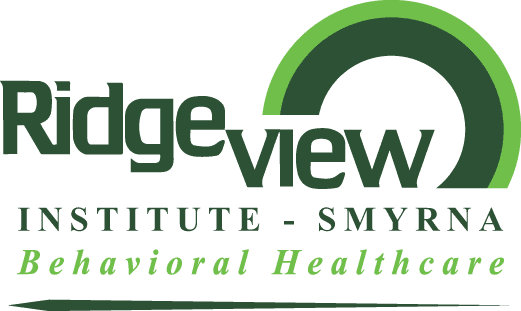Help for the Impaired Health Professional
by Paul H. Earley, M.D. & Michael L. Fishman, M.D.
Gray pinstripe, his suit is immaculate. His bearing, too, at first seems flawless, and as he turns toward the counselor, the resemblance is marked, Marcus Welby, M.D. Avuncular, confident, the man could pass at least for the brother of one of television’s most warmly remembered physicians. But the counselor’s trained eyes detect tell-tale signs: a slight sweat beading the patrician forehead, an even slighter tremor as the 53 year-old doctor adjusts, with just a hint of nervousness, his fine silk tie.
Then he finally admits: “I just can’t stop drinking.” His voice catches on “can’t” – as though any admission of failure is something he must not countenance. And it’s hours later that he concedes, too, a dependency on tranquilizers – prescription synthetic opioids few laypeople know even the names of.
Scott Aldren, a surgeon in residence at one of his city’s better hospitals, has just shown as much courage as he has demonstrated at any point in his life. And it’s been a life marked by courageous action: the decision to embark on a medical career despite family misgivings; the long hours in med school spent in arduous training; the daring he’s recently displayed in pioneering new surgical methods as he works harder than ever. There has been strain: his 18-year marriage, even he now realizes, is in peril.
Having supported him throughout his schooling, Aldren’s wife has witnessed his subsequent professional peaks but also his personal valleys – the days he seems a shadow of his accustomed self, the times his anger has erupted. And, although it’s seldom mentioned, there’s the D.U.I. charge that hovers; the unresolved case has helped dwindle the family’s finances. She’s found no evidence of the marital infidelity that often accompanies chemical dependence, but the intimacy the two once cherished is mainly a memory now.
Elaine tries to swallow her resentment at the man his patients still regard as omniscient, infallible, but it’s hard.
It will be hard, too, Aldren’s next passage – through the Recovery Professionals Program at Ridgeview Institute. Elaine, however, is grateful, full of hope that Scott will find help. Scott is eager as well, but anxious – and even now defensive, even now in denial that his chemical dependence is real.
It’s known as the “M.D.eity syndrome” – that particular sense of invulnerability that a physician’s practice and training can aggravate. And it can make the denial that is part and parcel of addiction especially acute. Aldren exemplifies that arrogance – in the early stages of treatment he’ll employ his considerable intelligence to sabotage the recovery process. He’ll rationalize, evade, lash out at the colleagues who’ve confronted him about his addition and the doctors who work to help him heal. In time, however, he’ll turn that intelligence – and the sense of duty and care that marks all good doctors – inward, and from an epiphany of realization, will begin to heal himself.
He is not alone. Not only will he find support from family and friends and the doctors and counselors in the Recovering Professionals Program, but from peers who suffer also from the disease of addiction. A study in the November 1992 issue of the American Journal of Psychiatry finds that rates of chemical dependence in physicians are roughly equivalent to those of the rest of the population.

